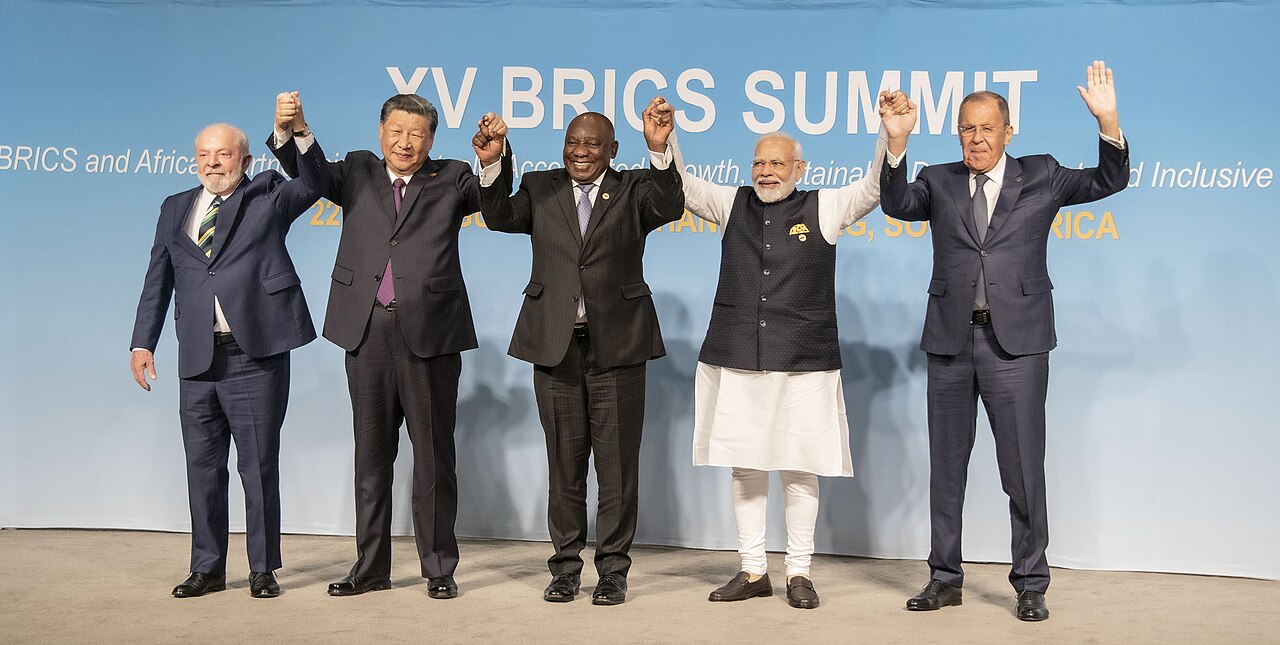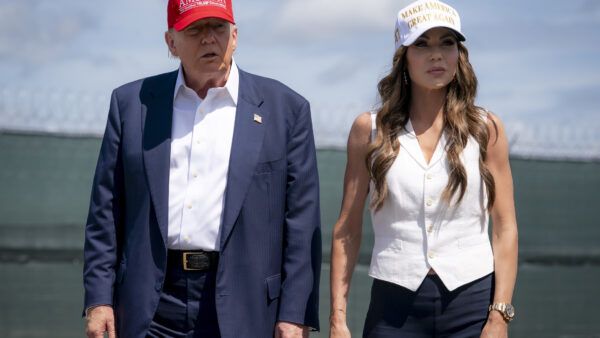
Her late majesty Queen Elizabeth II once said, “Let us not take ourselves too seriously. None of us has a monopoly on wisdom.”
As with so many things, Britain’s longest ruling monarch’s wry observation was spot on.
For those of us in the forecasting business, the old phrase “You don’t know what you don’t know” seems especially relevant now.
Sick man of Europe?
Sometimes, even authoritative bodies get it wrong. Consider the UK Office for National Statistics’ (ONS) recent performance.
In September it released a report charting the impact of methodological and data improvements in assessing the UK’s quarterly GDP.
In it, they mentioned that: “Annual volume GDP growth in 2021 is revised up 1.1% percentage points to an 8.7% increase, this follows an upwardly revised 10.4% fall in 2020 (previously an 11% fall).”
In plain language, it means the narrative that the UK was the worst performing nation in the G7 post pandemic was bunkum. In terms of economic bounce-back, it turns out that the UK actually outperformed France and Germany.
That’s not to say all economic indicators are inaccurate. GDP growth is sluggish. Inflation is too sticky. High interest rates are crippling.
But ONS data has an outsized influence on the economic mood and, if pessimism prevails in part because of flaws in ONS methods, that has got to be a worry.
Most surprising for me was how little attention the revision got. It slipped down the news agenda almost unnoticed, probably because bad news sells and portraying the UK as the “sick man of Europe” makes better headlines than saying it’s “kind of average”.
Ignoring BRICS
The same can be applied to the recent coverage of the G20 meeting in India compared with coverage of the BRICS gathering in South Africa a few weeks prior. (The BRICS countries are Brazil, Russia, India, China, and South Africa.)
The G20 coverage was expansive, filling pages with the failure of an India-UK trade deal and the historic agreement on an India-Middle East-Europe Economic Corridor that excluded the UK.
A sign of our increasing irrelevance post Brexit, it was argued.
These are important issues, but I would argue that there were far more interesting, relevant, and worrying discussions taking place at the China-dominated BRICS conference that were all but ignored.
A new trade bloc?
For the first time in my memory there was serious discussion of a new trading currency to supplant the dollar, which currently represents 85% of global cross border trade.
This is important because if BRICS became a cohesive trading entity it would have serious heft, with a third of global GDP and a combined $387bn trade surplus compared to the EU’s $467bn trade deficit.
Theoretically, a BRICS currency could be an asset countries could invest in. It could pay interest and the BRICS countries could incentivise their domestic markets to use that currency to buy and sell goods.
With over a third of the total world population in China and India alone, this could be a worrisome development.
Brazil and Russia in particular don’t want their economic destiny tied to America, which controls the dollar, the world’s reserve currency. At the moment, only 4.5% of cross border trade is undertaken in Chinese yuan and they want this to change.
Arrogance = ignorance
I don’t think this is imminent. With Russia crippled by sanctions and China suffering an economic downturn (by their standards), now may be the wrong time to launch a new trading currency, but the mere fact that it is an agenda item and the BRICS nations are arguably the future in trading potential, it was surely worthy of more discussion than it gained.
It says something about the changing global power dynamic. It also shows the arrogance of the west in ignoring it.
In today’s changing world it’s wise to listen to as many informed views as possible. The errors over post-Covid output by the ONS will not be the last, and the fact that news is a business driven by the need to capture attention is well known.
So, my suggestion is to consume widely, and invest time with care. No one has a monopoly on wisdom and of late it has become increasingly difficult to know whose forecasts can be considered accurate, and exactly whose wisdom can be trusted.
- Graham Harle is CEO of Gleeds Worldwide






